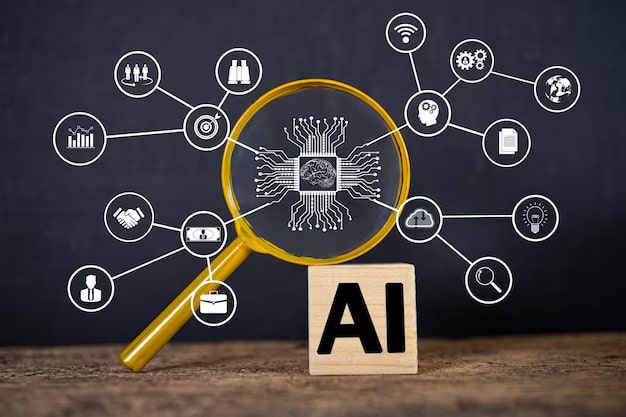Can search engines tell if the content is made by AI? Let’s explore AI-generated content in search and how Google might respond to it in the future.
AI tools have become really popular in the past year, especially for digital marketers working on SEO.
Writing content takes a lot of time and money, so many marketers are using AI to help, but it’s not always perfect.

People often ask, “Can search engines detect AI-made content?”
This question is important because if the answer is “no,” it affects other questions about using AI.
AI-generated content isn’t entirely new; it’s been used for some time, especially for news websites that need to break stories quickly.
For example, they might publish a robot-written article about an earthquake, providing important information to readers as fast as possible.
On the other hand, some AI-generated content isn’t so helpful. Google has been against using Markov chains and low-effort content spinning to generate text that adds no value.
Large language models like ChatGPT gained popularity, improving interactions with users. However, they work based on probabilities and may produce incorrect or conflicting results.
This becomes a serious problem, especially for topics that can significantly impact people’s lives or finances, like medical or financial advice.
Major publications have mistakenly published inaccurate AI-generated information, causing concern.
Google has been exploring the use of machine-generated content through its Multitask Unified Model (MUM). MUM aims to provide complete answers to complex queries and has the potential to impact long-tail keyword strategies.
But Google also has an incentive to keep users on its platform. If they can generate answers quickly and cheaply, they might not prioritize directing users to external websites.
Detecting AI content has become a challenge with the rise of AI content detectors. These detectors give a percentage score indicating the certainty that the provided text is AI-generated.
However, this has led to confusion, as people misunderstand the percentage score and try to manipulate it by adding human-like elements to AI-generated text.
Google’s statements about AI content have been somewhat vague, but they emphasize the importance of content quality rather than how it’s produced.
While some SEO experiments with AI content have shown mixed results, focusing solely on whether search engines can detect AI content might miss the bigger picture.
Longer-form expert content is expected to regain focus as AI continues to evolve in generating answers for complex queries, and Google’s knowledge systems play a significant role in providing accurate information.
Sharing is Caring!